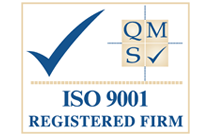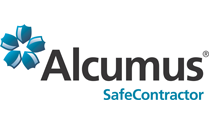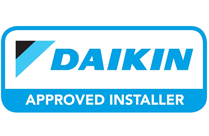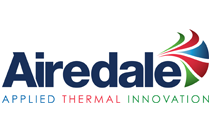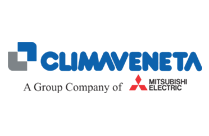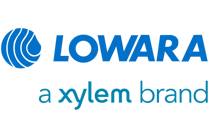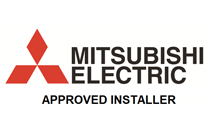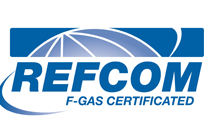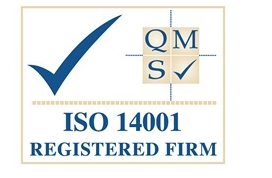
Legislation
With our expertise and experience we can provide advice on all issues relating to your equipment.
F Gas
Remember leak checks under F Gas changed on 1st January 2017
The ‘operator’ takes responsibility for the compliance. This would normally be the building owner or could be a tenant of the building depending on the terms of the lease.
Mandatory documented leak checks apply to air conditioning and refrigeration equipment based on according to how much damage could be caused to the atmosphere if the whole charge were released. The frequency of the test inspections is based on the GWP of the refrigerant multiplied by the estimated volume contained in each individual system – this gives the CO2e figure.
If the system contains between:
5 and 50 tonnes CO2e it requires one inspection per year.
50 to 500 tonnes CO2e require inspection every six months.
Greater than 500 tonnes CO2e require quarterly inspections.
The leak checking frequency can be halved if permanent leak detection systems are fitted. Permanent leak detection systems are mandatory for system charges of 500 tonnes CO2 equivalent and above.
How often does a system need leak checking?
R410A (2088 GWP) more than 2.39kg once a year, 23.9kg twice, more than 239kg four times
R407C (1774 GWP) more than 2.81kg once a year, 28.1kg twice, more than 281kg four times
R404A (3922 GWP) more than 1.27kg once a year, 12.7kg twice, more than 127kg four times
R134a (1430 GWP) more than 3.49kg once a year, 34.9kg twice, more than 349kg four times
For other refrigerants it is 5000 divided by its GWP to get the first inspections visit weight, then just move the decimal place one to the right to get the rest!
Note: Some clients may ask for the Carbon loading of an air conditioning or refrigeration system, especially if they are ISO14001 accredited, this is a simple calculation of the refrigerant GWP x total refrigerant charge. So for example a system with 25kg refrigerant of R410a has a carbon loading of 52200kg (25x2088). This is equivalent of 52.2 tonnes so two documented leak checks per annum are required.
Labelling changes
From 1 January 2017 any product containing F-Gases placed on the market has to have added to its label the quantity expressed in weight and in CO2 equivalent of F-Gas contained in the equipment, and the global warming potential of the gas.
For more details of all of the 2014 F Gas Regulation Requirements see:
https://www.gov.uk/guidance/calculate-the-carbon-dioxide-equivalent-quantity-of-an-f-gas
F Gas Leak Testing – January 2015
The following table shows the new requirements for leak testing limits (kg) using the equivalent tonnes of CO2 compared to the old system of weights. This will reduce the actual weight allowable for some refrigerants before leak testing is necessary at the differing intervals.
Equivalent Tonnes CO2
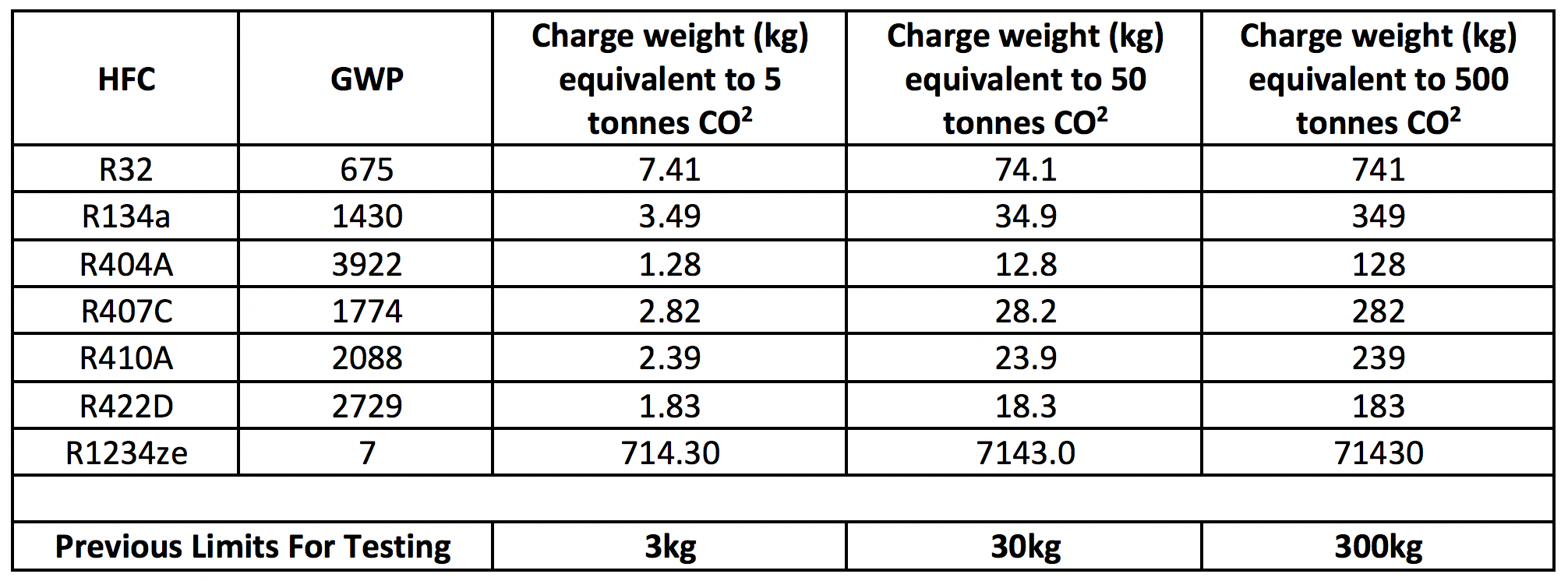
Leak Testing

TM44 Air Conditioning Energy Assessments (ACEA)
Since January 4 2011, the Energy Performance of Buildings Directive (EPBD) has required the TM44 regulations inspection of air conditioning systems in buildings with a cooling capacity over 12kW.
TM44 Regulations Explained
Who is affected?
All building owners and managers in England and Wales with control of air-conditioning systems with an effective rated output of more than 12kW are required to ensure compliance with the regulations. This includes systems consisting of individual units which are less than 12kW but whose combined effective rated output is more than 12kW.
What do I need to do?
Under the TM44 Regulations, obligated persons are required to ensure that inspections of their units are carried out in an independent manner by an energy assessor to avoid any conflict of interest. The inspection includes an assessment of the system’s efficiency and a review of sizing and advice on efficiency, improvements, and replacement or alternative solutions.
Why are Air-Conditioning inspections required?
By having your Air-Conditioning system inspected by an accredited air conditioning energy assessor, it is likely that you will be able to improve efficiency, reduce energy consumption, operating costs and the carbon emissions of the system. After the assessment, the energy assessor will be able to make recommendations for improvement to the existing systems or opportunities to replace older, less energy efficient systems or oversized systems with new energy efficient systems.
How often are inspections required?
Regular inspections of systems are mandatory and must be no less than five years apart. Under the TM44 Regulations, the first inspection of the affected air conditioning systems must be carried out as follows:
For all systems first put into service on or after 1 January 2008, the first inspection must have taken place within five years of the date when the system was first put into service
For other Air-Conditioning systems, where the effective rated output is more than 250kW the first inspection must have taken place by 4 January 2009
For other Air-Conditioning systems, where the effective rated output is more than 12kW the first inspection must have taken place by 4 January 2011
Non-compliance with TM44 Regulations?
Failure to commission, keep or provide an air conditioning inspection report which has been lodged on to the Central Register could result in fines from £300 per offence (per a building / a unit). These fines could be repeated at the discretion of Trading Standards enforcement officer on a daily, monthly, quarterly or annual basis.
A further penalty can be issued for failure to provide a copy of the air conditioning inspection report when requested to an officer of an enforcement authority within seven days. This is fixed at £200 (per a building / a unit).
The Air Conditioning Inspection Reports must be lodged on the Government database. Enforcement Officers can check at any time whether a public building is compliant with the legislation as Trading Standards are able to check remotely whether a building has a report lodged in the Government database.
There are several potential benefits to completing this statutory inspection:
• Compliance and avoidance of penalties
• ISO14001 / ISO5001 Compliance
• Improved energy rating for buildings & reductions in energy usage
• Valid certification for Insurance, sales or lease purposes
For more information about compliance with the TM44 Regulations, please do not hesitate to get in touch.
Contact Us
Cool Logic (Service) Ltd
Call: +44 (0) 1706 354 477
Fax: +44 (0) 1706 354 488
Email: sales@coollogicservice.com
More Information
Find Us
Unit 6 Middleton Trade Park
Oldham Road
Middleton
Manchester
M24 1QZ


